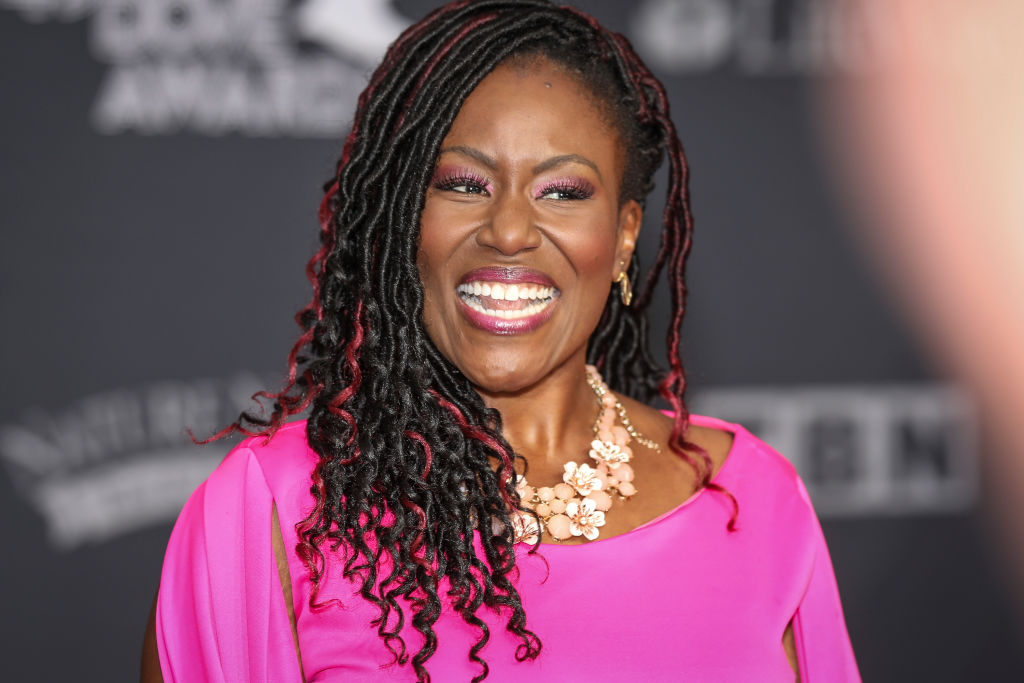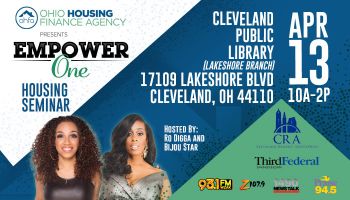Breastfeeding increases a woman’s risk for getting breast cancer.
Quite the contrary, preliminary studies show that breast-feeding may possibly decrease a woman’s risk for developing breast cancer.
•If I have a nipple discharge, this means that I definitely have cancer.
Not necessarily. However, there is cause for concern if the discharge meets one or more of the following criteria: persistent, appears without squeezing the nipple, unilateral (one side only), sticky and clear, opalescent and brown or black in color. This is not a replacement for physician services. To be safe,contact your physician about any nipple discharge that concerns you.
•Birth control pills cause breast cancer.
Birth control pills do not cause breast cancer. Most birth control pills only contain a small dose of estrogen and progesterone. If you’ve had breast cancer or certain other cancers before, you should check with your physician before use.
•Having small breasts means that I can’t get breast cancer.
Amount of breast tissue has no bearing on a woman’s risk for developing breast cancer. Everyone should be proactive in breast health regardless of size.
•I can get breast cancer from using an antiperspirant deodorant.
It is not true that antiperspirants cause breast cancer. It is merely a myth that toxins are trapped and deposited into the lymph nodes causing breast cancer.
•My risk of getting breast cancer lessens with age.
With age comes an increased risk for breast cancer. The biggest risk factors for developing breast cancer are being female and getting older.
•Men don’t get breast cancer.
Men are also at risk for developing breast cancer. This tends to be overlooked in the male community. An estimated 1,990 new cases of breast cancer will be diagnosed in men in the year 2008.
•If I don’t have a history of breast cancer in my family then I can’t get it.
Having a history of breast cancer in one’s family does place that individual at a higher risk for getting breast cancer. However, this is just one risk factor. The majority of those diagnosed with breast cancer do not have a family history. Over 80% of women diagnosed have no family history.
•A lump means that I have breast cancer.
A lump is not a definite diagnosis or indicator that cancer is present. A large percentage of lumps are benign, meaning non-cancerous. It is critical to note that anything that appears to be abnormal should be reported to
your physician.
•A biopsy will make my cancer spread if I have it.
Biopsies do not make cancer spread. Having a biopsy may be the beginningof saving your life!















